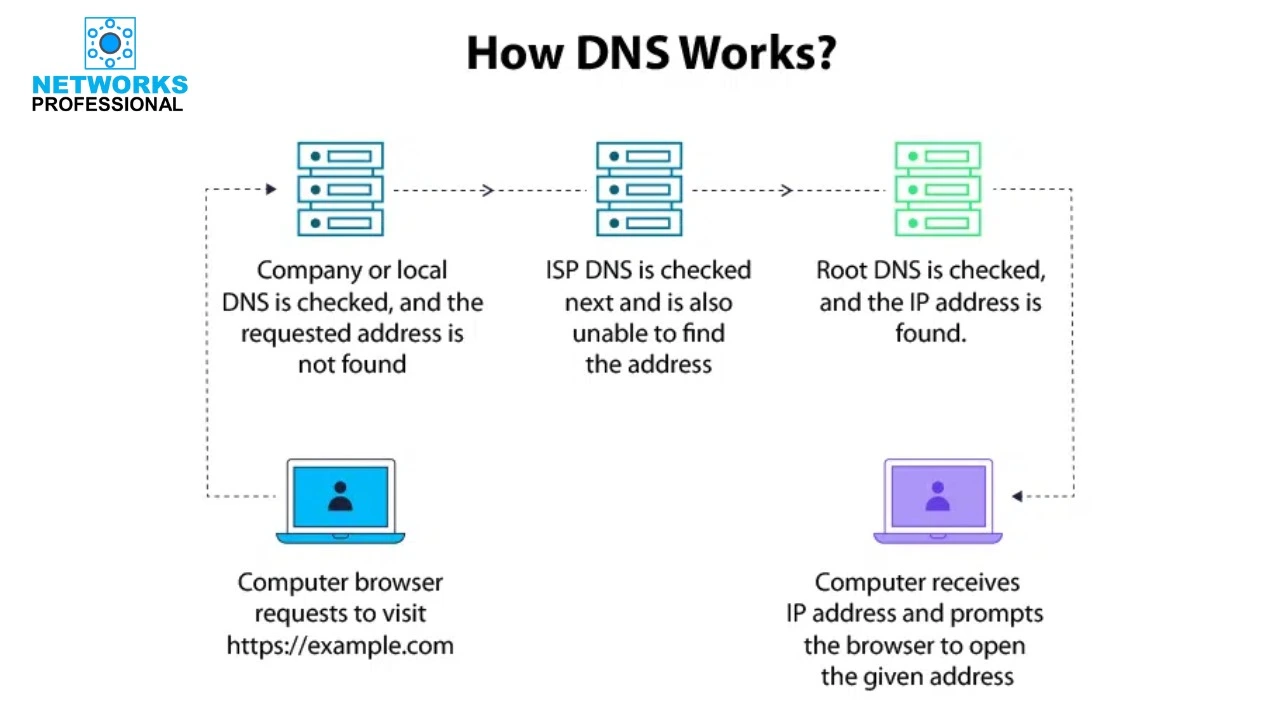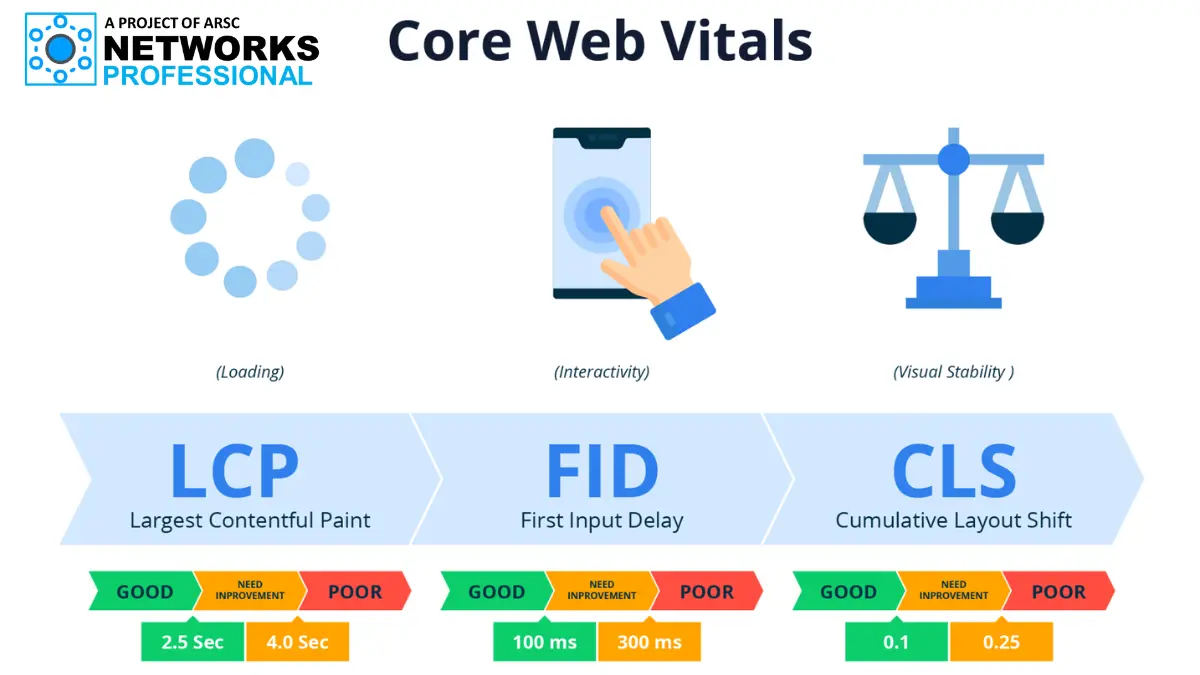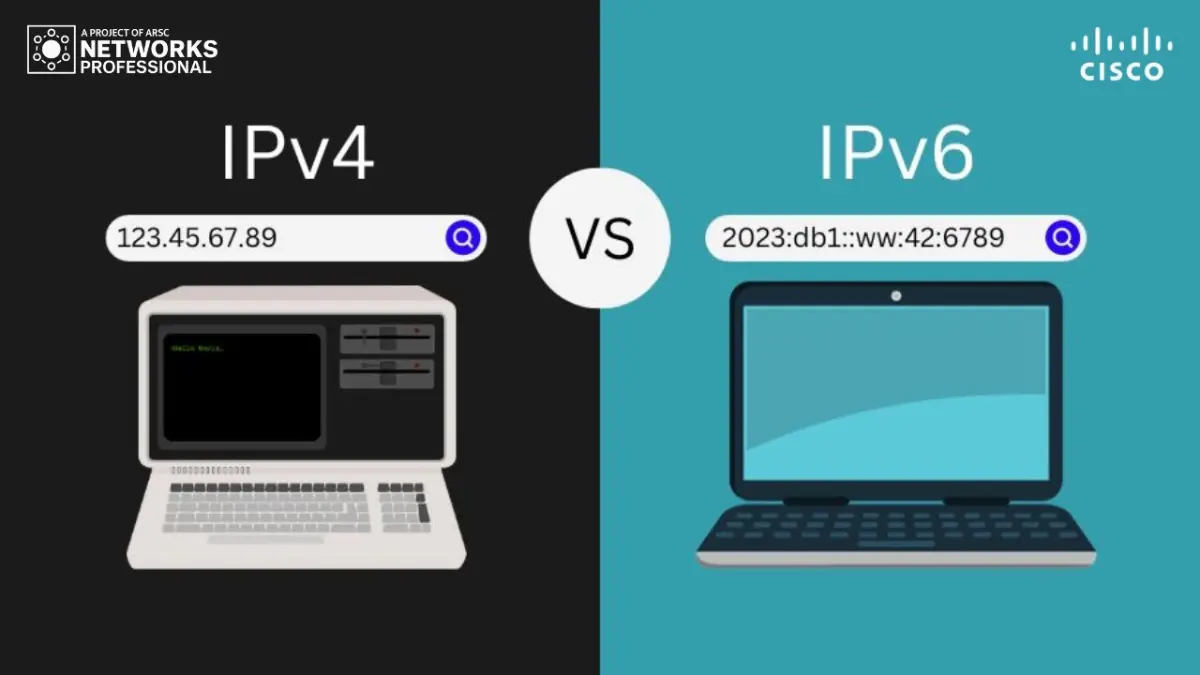How Does DNS Work? A Step-by-Step Guide
When you type a website address like https://example.com into your browser, your computer doesn’t immediately know where to go. Computers use IP addresses (like 192.168.1.1) to find each other on the internet, not human-friendly names like example.com. This is where DNS (Domain Name System) comes in—it acts as the phonebook of the internet, converting domain names into IP addresses.
Let’s break down the process of how DNS works:
1. User Makes a Request
When you type a website address (https://example.com) into your browser, your computer first checks if it already knows the IP address. This could be in the browser cache or the local DNS cache stored on your device. If not found, the request moves forward.
2. Company or Local DNS Server is Checked
Your computer first asks the local DNS server (often managed by your company network or your home router).
If the local DNS has the IP stored, the process ends quickly.
If not, it forwards the request to the next level.
3. ISP DNS Server is Checked
Next, the query is sent to your ISP’s (Internet Service Provider) DNS server.
The ISP DNS server maintains a large record of recently accessed domains.
If it knows the IP address, it sends it back to your computer.
If it doesn’t, it forwards the query further up the DNS hierarchy.
4. Root DNS Server is Checked
If both the local and ISP DNS servers cannot find the address, the request goes to the root DNS servers.
These are the top-level DNS servers in the world.
They don’t store every website’s IP but direct the query to the correct Top-Level Domain (TLD) server (like .com, .org, .net).
From there, the process continues until the exact Authoritative DNS Server for that domain is reached, which finally provides the correct IP address.
5. IP Address is Returned
Once the IP address is found:
The DNS server sends it back to your computer.
Your browser uses this IP address to establish a connection with the web server.
The website loads on your screen.
6. Caching for Future Requests
To make things faster:
The IP address is stored in your computer’s cache.
The ISP DNS also stores it temporarily.
This way, if you or someone else requests the same website again, it loads much faster without repeating the full DNS lookup process.
Why is DNS Important?
User-Friendly Internet: We can use names like google.com instead of remembering numbers.
Scalability: Billions of domains can be managed easily.
Speed & Reliability: DNS caching ensures faster browsing.
Security: Modern DNS also supports DNSSEC to prevent spoofing and attacks.







